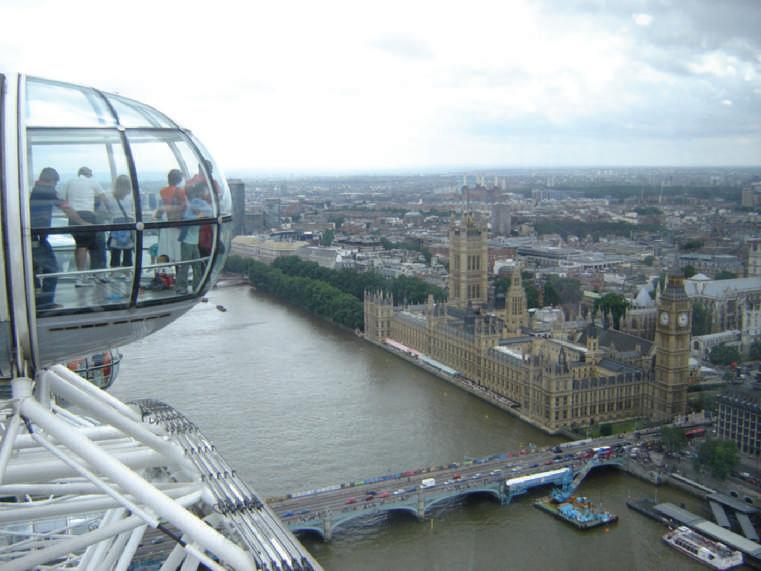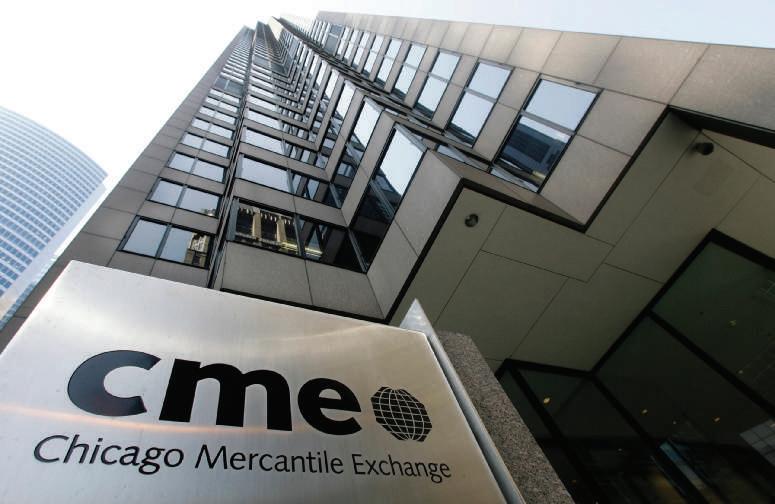
3 minute read
7-2a Ethics and Economics
LO-2
Describe how ethics and economic progress are connected.
Advertisement
7-2 Ethics in Business and Society
Ethics and economic progress are tightly intertwined. For business activity to occur, trust is essential. If people did not ethically behave, trust would be impossible. Consider the millions of business transactions taking place daily that require mutual trust. Would anyone go to a job if they did not trust their employer to pay them? How many people would shop on the web if they did not trust that their financial information would be secure?
The classical economists, such as Adam Smith, considered economics a branch of ethics. In their view, business activity would grind to a halt without trust, fair dealings, and honest communication. Many of today’s economists still hold this view. In his 1995 book, Trust: The Social Virtues and the Creation of Prosperity, Johns Hopkins professor Francis Fukuyama writes: “One of the most important lessons we can learn from an examination of economic life is that a nation’s well-being as well as its ability to compete, is conditioned by a single, pervasive cultural characteristic: the level of trust inherent in the society.”3
7-2a Ethics and Economics
A civilized society is built upon a foundation of commonly accepted ethical values. Without that foundation, the civilization collapses. The 1987 movie Wall Street portrayed the unscrupulous dealings of people involved in securities trading based upon nonpublic (inside) information. In a dramatic scene, one of the film’s major characters, a wealthy executive portrayed by actor Michael Douglas, delivers a speech to a large audience of business colleagues declaring, “Greed is good!” The scene implied that greed is an acceptable motivation and that business people will do anything to make money—including unethical behavior. In reality, greed is unacceptable, and unethical behavior will ultimately destroy a company’s ability to make money. While a goal of any company should be to increase its owners’ wealth, to do so requires the public’s trust. In the long term, trust depends upon ethical business practices.
In free societies, such as the United States, people usually have the freedom to make their own decisions about the “right” thing to do. Before the American republic was founded, a common belief was that where there was liberty, anarchy would result because people would be unable to govern themselves. Yet, U.S. citizens were free and well-behaved. How could this be? In the early 20th century, the great English writer G. K. Chesterton observed that America was the only nation in the world founded upon a creed. He said that creed was set forth with dogmatic and even theological lucidity in the Declaration of Independence. Chesterton was referring to the second paragraph of America’s founding document: “We hold these truths to be self-evident, that all men are created equal, that they are endowed by their Creator with certain unalienable rights, that among these are life, liberty and the pursuit of happiness.” The American society was founded upon ethical values regarding respect for individuals, their lives, their property, and their freedoms.
A culture or society will be on the edge of disaster when its people lack integrity. No nation can survive very long without citizens who share common values, such as courage, devotion to duty, respect for other people’s lives and property, and a willingness to sacrifice personal interests for a greater cause. When a society’s ethical values begin to deteriorate, people often look to government for help. Unfortunately, government has limited ability to maintain a society, especially a free society, when ethical values are collapsing. In a famous address to Harvard University in 1978, the Russian dissident Aleksandr I. Solzhenitsyn stated the following:
Destructive and irresponsible freedom has been granted boundless space. Society has turned out to have scarce defense against the abyss of human decadence, for example against the misuse of liberty for moral violence against young people, such as motion pictures full of pornography, crime, and horror. This is all considered to be part of freedom and to be counterbalanced, in theory, by the young people’s right not to look






